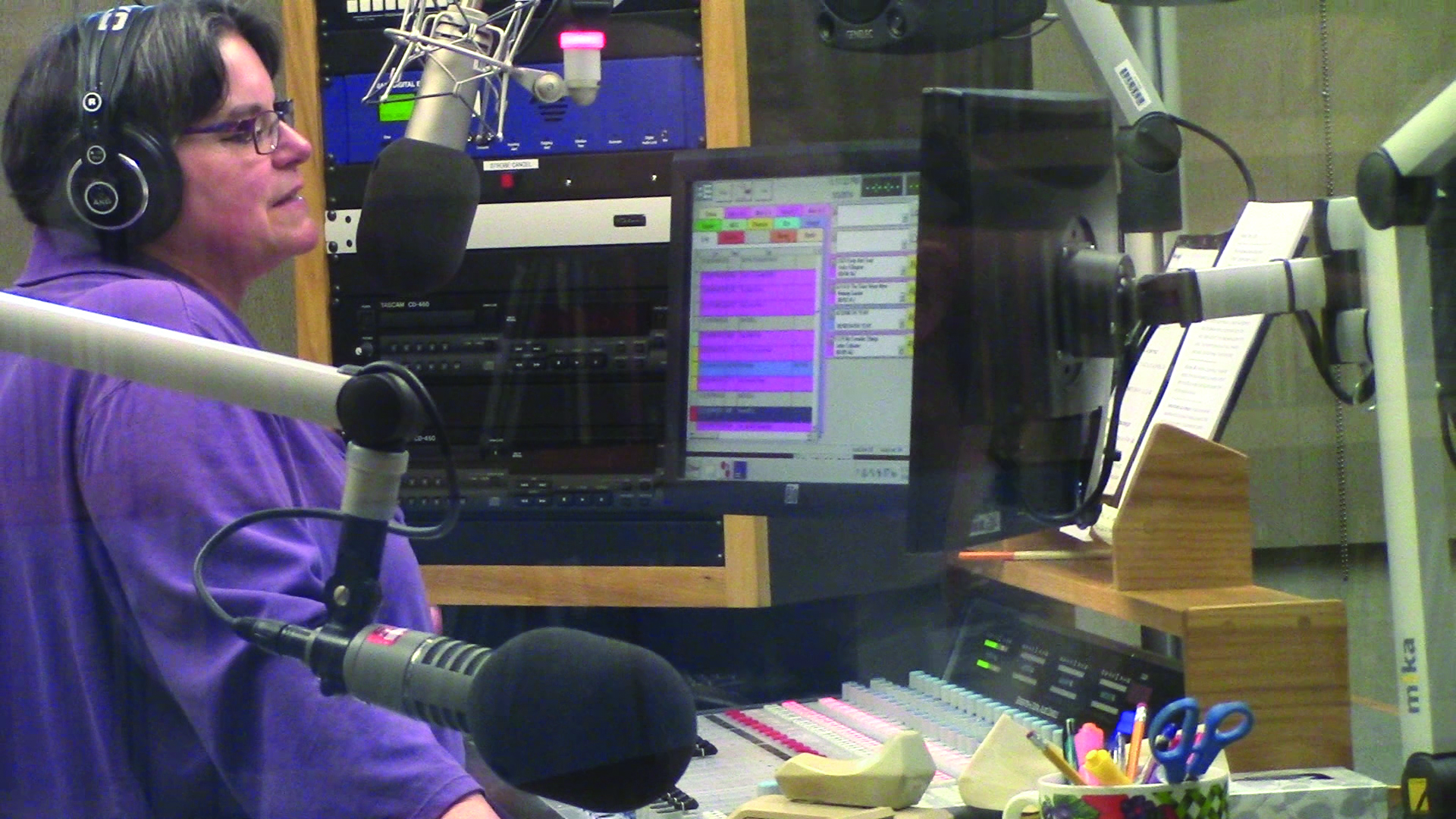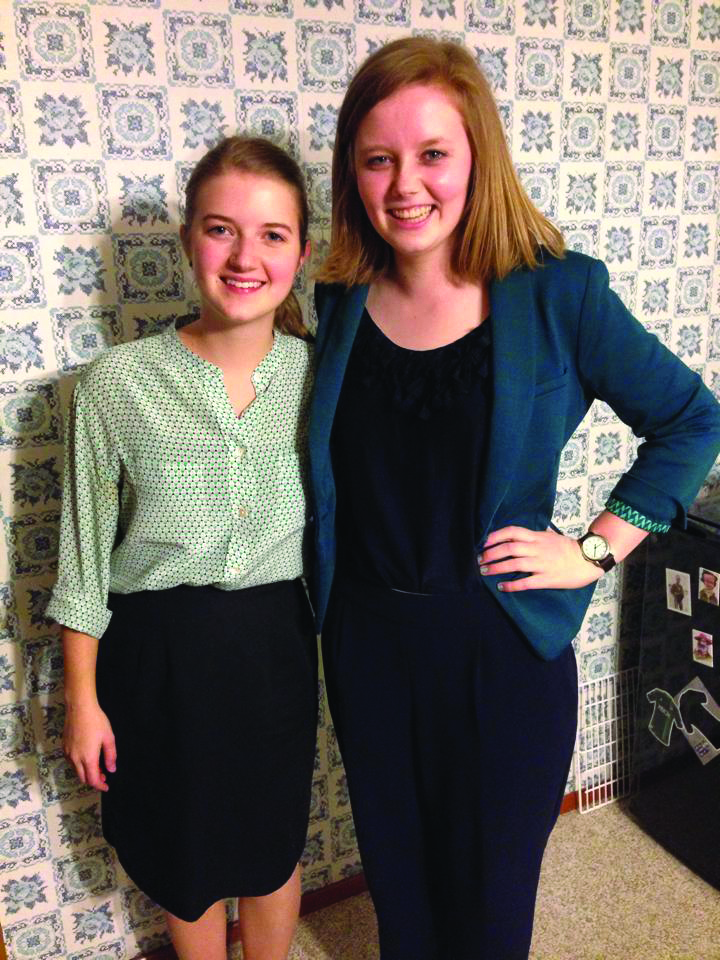By Mariah Rasmussen, Guest Writer
Coming Back a Different Person
Studying abroad can be a unique and valuable experience for students, but not every aspect is desirable. In specific, the re-entry process can be very difficult for a lot of students. The “w-curve” is often what is used to explain this process. It “explains the semi-roller coaster” of studying abroad, says Carmen Eyssautier, a study away advisor who works in the Wang center. Eyssautier explains the “w-curve” as the process in which a person is happy to be in a new place, and then they begin to feel the culture shock, and eventually recover and become acclimated to the new culture, and then when they return home, the same process is repeated. “I think it’s very real for a lot of people,” Eyssautier says of the “w-curve.”
Returner Reflection Series
Pacific Lutheran University has a unique program for returners to help them cope with their re-entry process. Eyssautier talks about the “returner reflection series,” in particular and explains that they are weekly meetings, facilitated by staff members with experience, for students to get together to talk about their experiences abroad. According to Andrew Nelson, a senior who studied abroad in Scotland for a semester, not many other schools provide this service. “It’s a nice space and time for students to process the experiences they had,” Eyssautier says, “pretty much everyone I’ve talked to has gotten a lot out of it.” A lot of times, students who study abroad come back to find that they have changed, and have trouble dealing with that change. Camille Saunders, a senior who studied abroad in Vienna for a semester says, “Other people felt like they could be a different person abroad…it’s hard to step back into the same roles.” The “returner reflection series” helps to facilitate that change, and help students understand the reasons behind those changes.
Alex Knowles
“People say getting to the country will be a lot harder than coming home. I think that’s B.S.” says Alex Knowles, a senior who studied abroad for a semester in Wales. Knowles explained her study abroad experience in one simple word, “amazing.” According to Knowles, although there was an adjustment period after getting to Wales, the process of coming home was much harder.
While in Wales, Knowles took a vacation to come back to the United States to celebrate the Fourth of July. “It was terrible,” she said, “I couldn’t understand why people were celebrating America.” Knowles said that she had a hard time adjusting back to her life in the United States. She said, “I realized what I considered home, wasn’t here.”
Knowles decided to participate in the “returner reflection series” as a way to deal with the adjustment of being back in the United States. “It made me realize how hard the transition was hitting me,” and that it was, “okay to not feel like this was my home anymore.” Knowles mentions trying to talk to her family and friends about her experiences abroad but says, “people wanna hear about it for a week, then they’re annoyed.” Knowles says that not being able to share her experiences was, “detrimental to my self-awareness, and emotional and psychological well-being, because you don’t have a space to deal with it and people don’t understand.” However, through a series of group meetings, Knowles was able to talk about her experiences with people who were available to listen and share their own similar experiences. Knowles says, “The best thing to happen to me was the reflection series.”
Andrew Nelson
Nelson says that his adjustment to living in Scotland was not hard at all, but coming home was a different story. He says that he struggled with finding his “PLU identity” again. “I felt like I left, as a junior, in a good place…with school, and the community…when I came back, the place I had wasn’t there anymore,” Nelson says.
Nelson also participated in the “returner reflection series” in order to sort out his problems returning to the United States. Nelson explains how “people can sympathize, but they can’t empathize.” Nelson says how he learned how to explain what he was feeling, by hearing from others with similar experiences from the reflection series. “It was huge,” Nelson said. He also says that the process of returning to the United States took a lot of time, and that he had to learn to redefine friendships and himself. He says, “I had to accept that the person I was in Scotland is a part of who I am now.”
Nelson is working on a project in hopes to make the re-entry process easier for future students who travel abroad. Currently, PLU does an orientation and mentions a little bit about the re-entry process, however, Nelson decided that more information would be useful before hand. Nelson says, “People know that they have changed, but they don’t know how,” of students that come back to the United States after studying abroad. Nelson’s project includes exercises that will allow students to determine their values before and after their trip abroad, as well as exercises that have the student look at the reasons for the changes in their values. “People often can’t remember what [their] values were before hand,” Nelson says. This project hopes to help the student determine which of their values have changed and why, which will allow them to understand and accept their changes.
Allow Yourself to Have that Experience
Although the re-entry process is difficult for many people, studying abroad can still be a rewarding experience. Knowles is also a sojourner advocate at PLU, which is someone who works to advance the vision of global education. She says that it is important to “allow yourself to have that experience…expect the unexpected and realize that you’re going to change and be okay with that.” She also added, “do the reflection series!”

















